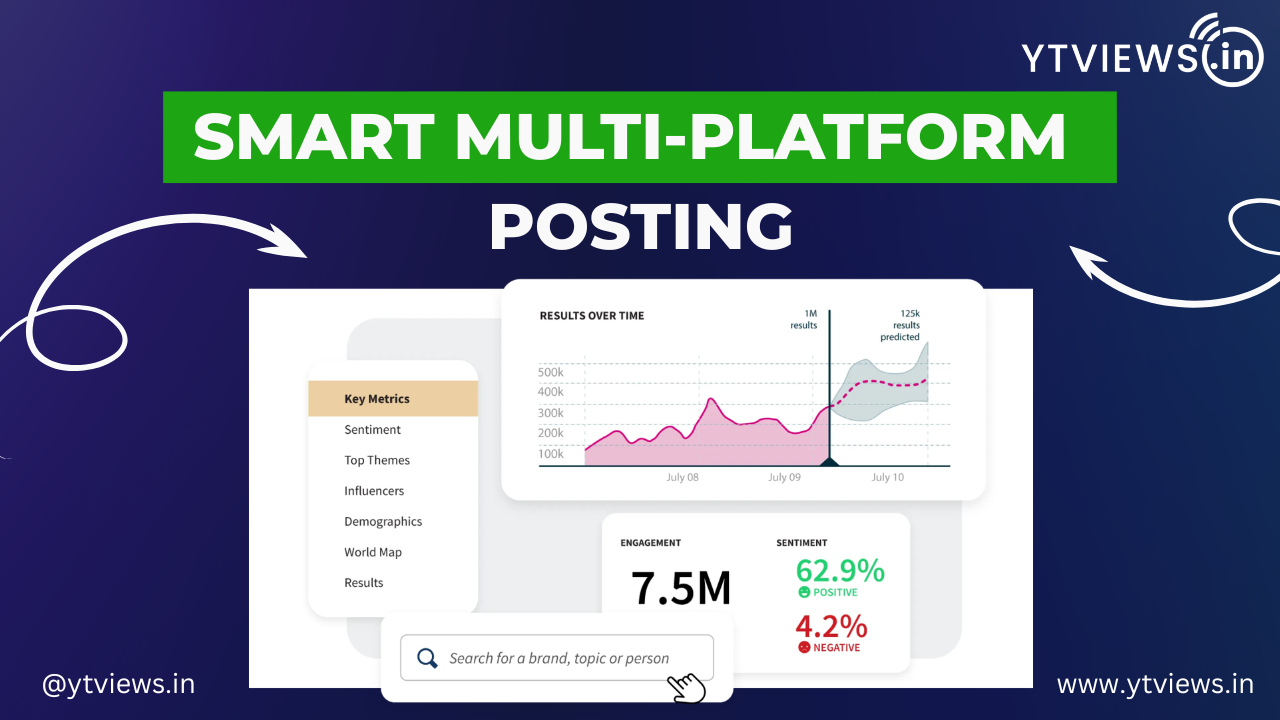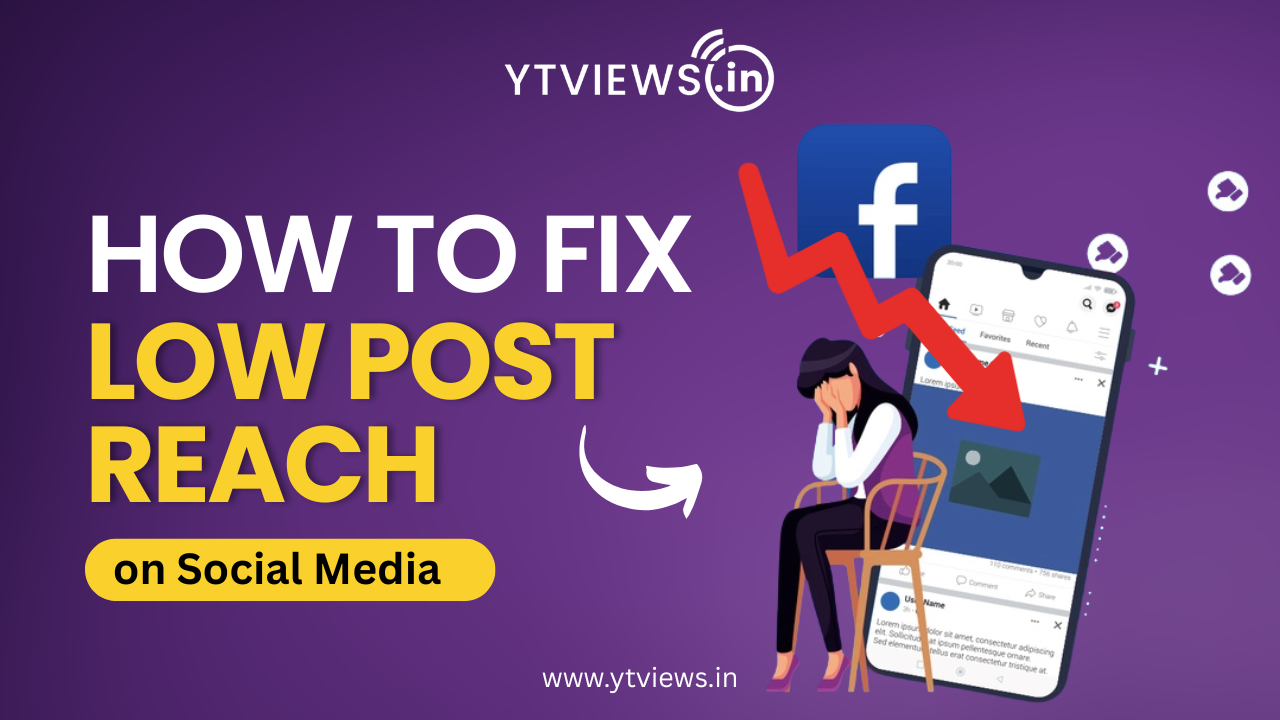Here’s how Social Media can prove to be a game changer for corporate wellness
In recent years, there has been a growing emphasis on corporate wellness programs that aim to promote healthy lifestyles and prevent chronic illnesses among employees. However, the success of these programs can be limited by several factors, including lack of employee engagement, high program costs, and difficulty in measuring the impact on health outcomes. Social media may provide a solution to these challenges and prove to be a game changer for corporate wellness programs.
How does Social Media contribute to corporate wellness?

Firstly, social media provides a platform for employees to engage with wellness programs in a more interactive and personalized way. By using social media to share information, encourage healthy habits, and track progress, employees can feel more connected to their wellness programs and motivated to achieve their health goals. Social media can also create a sense of community among employees, fostering social support and collaboration in wellness efforts.
Social media can help reduce the costs of corporate wellness programs. Traditional wellness programs often involve expensive gym memberships, health coaching, and other resources that can be cost-prohibitive for some companies. Social media, on the other hand, is a low-cost and easily accessible tool that can be used to deliver wellness programs at scale. Social media platforms can be used to share educational resources, provide access to virtual fitness classes, and offer online coaching and support.
Moreover, social media provides an opportunity to measure the impact of wellness programs on employee health outcomes. Through social media analytics, companies can track employee engagement with wellness programs, monitor progress toward health goals, and gather data on health outcomes such as weight loss and reduced stress levels. This data can help companies tailor their wellness programs to better meet the needs of their employees and demonstrate the ROI of these programs to company leadership. However, there are also potential risks and challenges associated with using social media in corporate wellness programs. Privacy concerns may arise when personal health information is shared on social media platforms. Companies will need to ensure that appropriate safeguards are in place to protect employee privacy and data security. Additionally, there may be concerns about employee burnout if wellness programs are too heavily promoted on social media or if employees feel pressure to constantly monitor and update their wellness activities.
In conclusion, social media has the potential to revolutionize corporate wellness programs by increasing employee engagement, reducing costs, and enabling better measurement of health outcomes. However, companies will need to navigate potential risks and challenges associated with social media use in wellness programs. With careful planning and execution, social media can be a powerful tool to promote employee health and well-being.
Related Posts

Smart Way to Manage Multi-Platform Channels and Posting

How New YouTubers Use YouTube Studio to Go Viral

Is Ytviews.in safe? No risk of Shadow Ban explained

How to Increase YouTube Views in 2026 (What Actually Works)



































